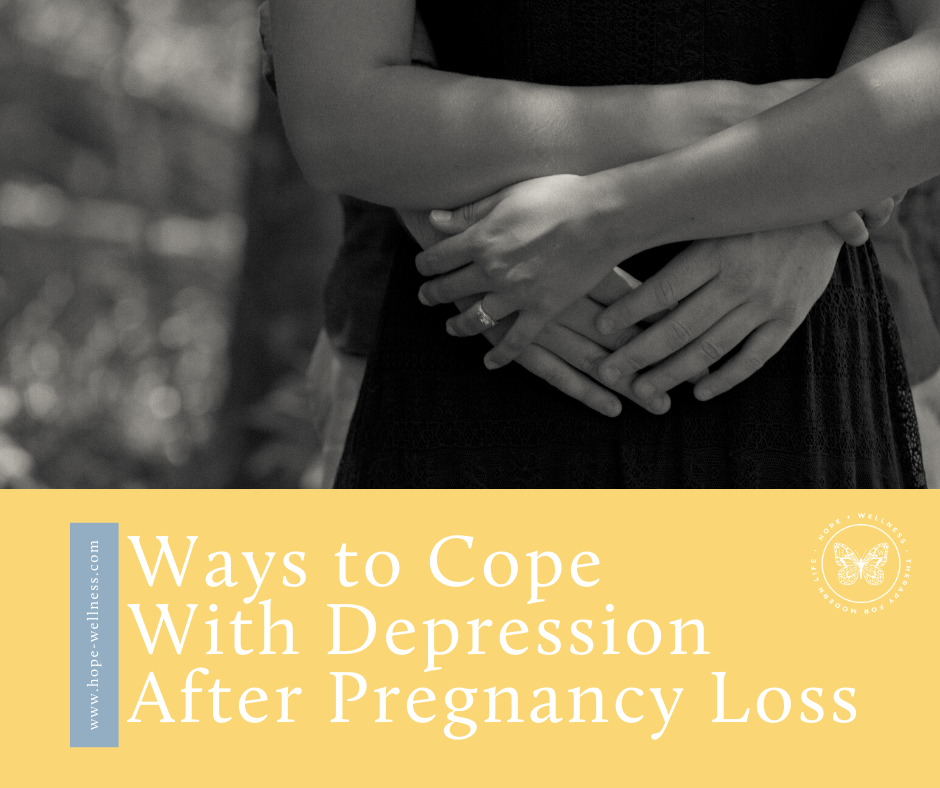
Hope +Wellness Blog
little snippets of advice for everyday challenges many people share

6 Ways to Support Mental Health After Pregnancy Loss
The period after pregnancy loss can be complicated, emotional, and intense. If you’ve experienced a miscarriage, here are some ways to support your mental health in the aftermath.

Ways to Cope with Depression After Pregnancy Loss
For many women, pregnancy can be a really uncertain time - excitement, fear, anxiety, hope all come into play. Many pregnancies do lead to healthy babies, but unfortunately, that’s not the reality for everyone. Although it’s still considered culturally taboo to discuss pregnancy loss, the truth is that not all pregnancies end with a healthy infant. It’s hard to imagine an unsuccessful pregnancy, but roughly 10-20% of pregnancies end in miscarriage.
Hope+Wellness is a mental health practice specializing in the treatment of depression, mood, stress, and anxiety in kids, teens, and adults. This is a blog about living well and finding meaning and purpose in the face of difficult challenges. This is a blog about finding hope.
Archive
- ACT
- ADHD
- Acceptance
- Anxiety
- Authenticity
- Belonging
- Bipolar
- CBT
- Calming
- Change
- Chronic Illness
- Chronic Pain
- Communication
- Community
- Coping Skills
- DBT
- Dating
- Depression
- EMDR
- Emotions
- Entrepreneurs
- Friendship
- Gratitude
- Grief
- Health Psychology
- Hope
- Inspiration
- Intimacy
- Intuition
- Joy
- Letting Go
- Love
- Manic Depression
- Mindfulness
- Miscarriage
- OCD
- Parenting
- Personal Growth
- Positive Vibes
- Quotes
- Relationships
- Resources
- Self-Compassion
- Self-Reflection
- Services
- Sleep
- Spirituality
- Stress Management
- Stress Relief
- Suffering